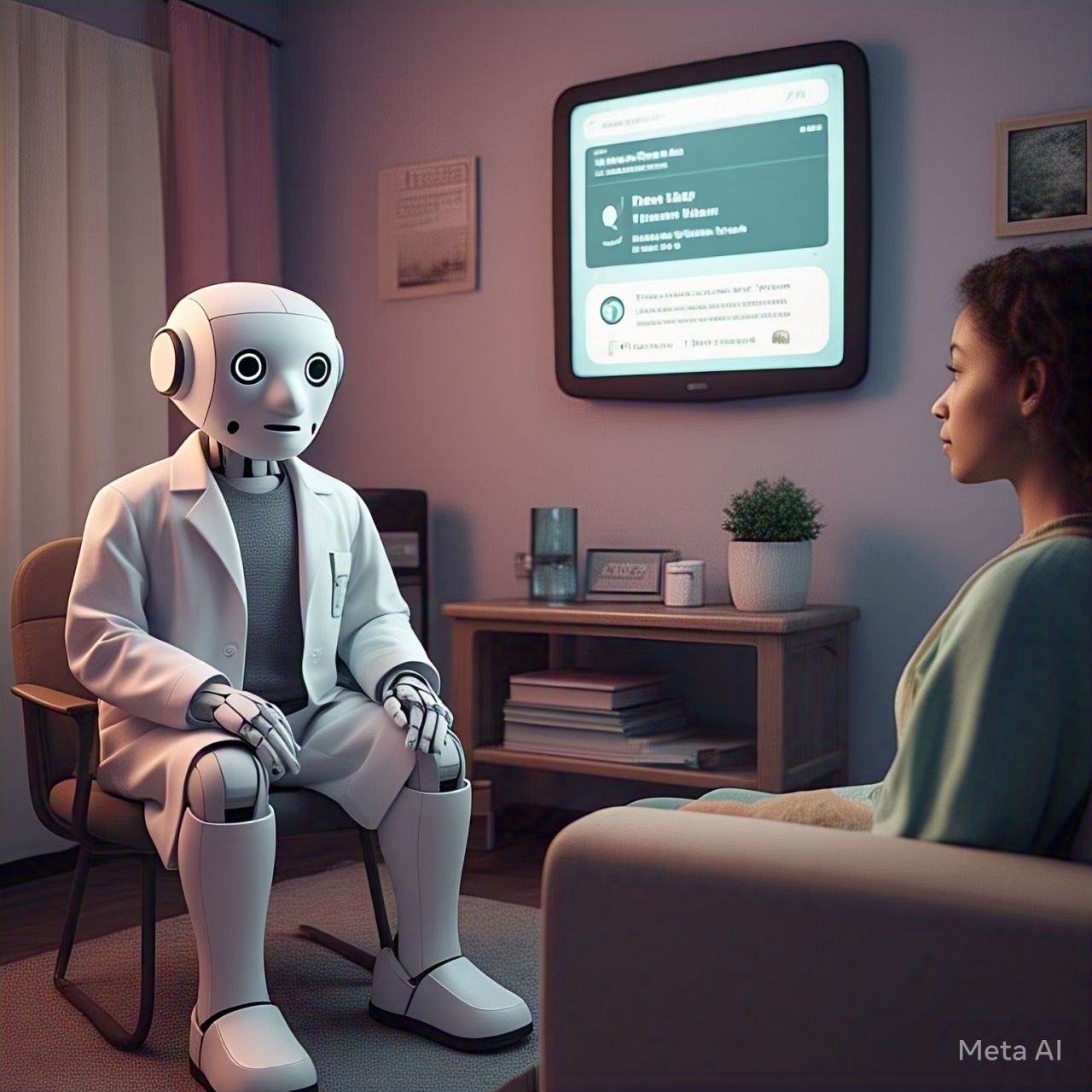Introduction
AI chatbots are transforming healthcare by providing instant medical assistance, answering patient queries, and improving healthcare accessibility. These virtual assistants use artificial intelligence to offer reliable health information, triage symptoms, and even support mental health therapy. As AI technology advances, chatbots are becoming an essential tool for streamlining patient care and reducing the burden on healthcare professionals.
The Role of AI Chatbots in Healthcare
AI chatbots leverage natural language processing (NLP) and machine learning to interact with patients, assess symptoms, and provide tailored health recommendations. They serve as virtual doctors on demand, offering 24/7 assistance without the need for in-person consultations.
1. Symptom Checking and Preliminary Diagnosis
AI-powered chatbots analyze patient-reported symptoms and compare them with vast medical databases to suggest potential conditions. While they do not replace doctors, they help patients understand whether they need immediate medical attention or simple home remedies.
2. Appointment Scheduling and Patient Support
Chatbots streamline appointment booking by integrating with hospital management systems. Patients can schedule, reschedule, or cancel appointments without waiting on hold, improving efficiency and reducing administrative workload.
3. Medication Reminders and Health Monitoring
AI chatbots assist in medication adherence by sending timely reminders to patients. They also monitor chronic conditions by collecting patient-reported data and alerting healthcare providers if any concerning symptoms arise.
4. Mental Health Support
Mental health chatbots provide emotional support and cognitive behavioral therapy (CBT)-based interventions. These virtual assistants offer guided meditation, stress management techniques, and crisis intervention for individuals needing immediate assistance.
Benefits of AI Chatbots in Healthcare
- 24/7 Availability: Chatbots provide round-the-clock medical guidance, improving healthcare accessibility.
- Reduced Waiting Times: Patients receive instant responses, reducing delays in medical consultations.
- Improved Patient Engagement: AI chatbots encourage proactive health management by providing personalized recommendations.
- Cost Savings: Automating patient support reduces administrative costs and optimizes healthcare resources.
Challenges and Ethical Considerations
Despite their benefits, AI chatbots face challenges such as data privacy concerns, accuracy limitations, and regulatory compliance. Ensuring patient confidentiality, preventing misinformation, and maintaining ethical AI use in healthcare remain critical concerns.
The Future of AI Chatbots in Healthcare
The future of AI chatbots in healthcare is promising, with advancements in AI-driven diagnostics, personalized health coaching, and integration with wearable devices. As AI evolves, chatbots will play a more significant role in delivering virtual healthcare, making medical assistance more efficient and accessible worldwide.
Conclusion
AI chatbots are revolutionizing healthcare by providing instant medical guidance, improving patient engagement, and streamlining healthcare operations. As virtual doctors on demand, these intelligent assistants are bridging gaps in healthcare accessibility and efficiency. With continuous advancements, AI chatbots will become indispensable tools in modern medicine, enhancing patient care and optimizing healthcare delivery





